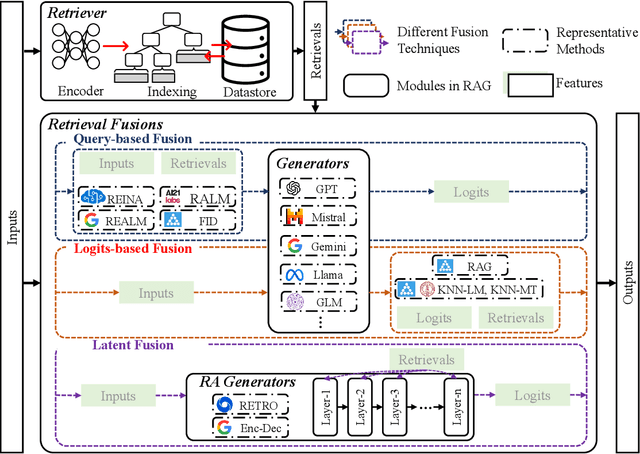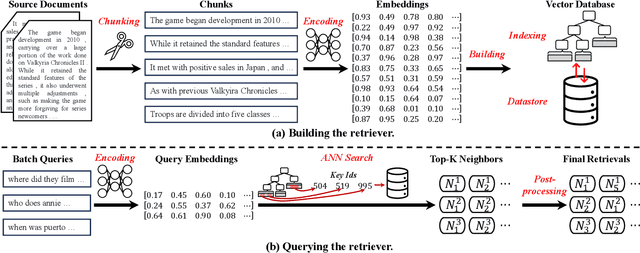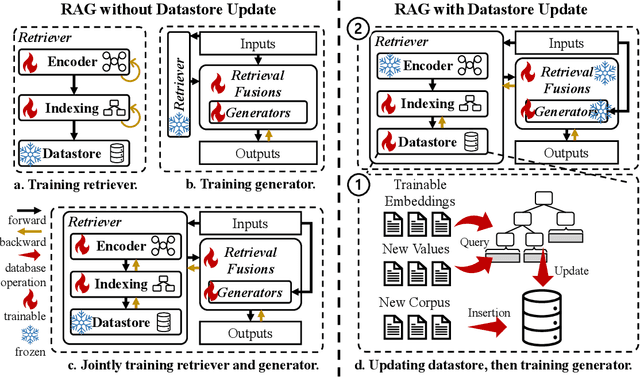Lianming Huang
Nav-EE: Navigation-Guided Early Exiting for Efficient Vision-Language Models in Autonomous Driving
Oct 02, 2025Abstract:Vision-Language Models (VLMs) are increasingly applied in autonomous driving for unified perception and reasoning, but high inference latency hinders real-time deployment. Early-exit reduces latency by terminating inference at intermediate layers, yet its task-dependent nature limits generalization across diverse scenarios. We observe that this limitation aligns with autonomous driving: navigation systems can anticipate upcoming contexts (e.g., intersections, traffic lights), indicating which tasks will be required. We propose Nav-EE, a navigation-guided early-exit framework that precomputes task-specific exit layers offline and dynamically applies them online based on navigation priors. Experiments on CODA, Waymo, and BOSCH show that Nav-EE achieves accuracy comparable to full inference while reducing latency by up to 63.9%. Real-vehicle integration with Autoware Universe further demonstrates reduced inference latency (600ms to 300ms), supporting faster decision-making in complex scenarios. These results suggest that coupling navigation foresight with early-exit offers a viable path toward efficient deployment of large models in autonomous systems. Code and data are available at our anonymous repository: https://anonymous.4open.science/r/Nav-EE-BBC4
Retrieval-Augmented Generation for Natural Language Processing: A Survey
Jul 19, 2024



Abstract:Large language models (LLMs) have demonstrated great success in various fields, benefiting from their huge amount of parameters that store knowledge. However, LLMs still suffer from several key issues, such as hallucination problems, knowledge update issues, and lacking domain-specific expertise. The appearance of retrieval-augmented generation (RAG), which leverages an external knowledge database to augment LLMs, makes up those drawbacks of LLMs. This paper reviews all significant techniques of RAG, especially in the retriever and the retrieval fusions. Besides, tutorial codes are provided for implementing the representative techniques in RAG. This paper further discusses the RAG training, including RAG with/without datastore update. Then, we introduce the application of RAG in representative natural language processing tasks and industrial scenarios. Finally, this paper discusses the future directions and challenges of RAG for promoting its development.
RAEE: A Training-Free Retrieval-Augmented Early Exiting Framework for Efficient Inference
May 24, 2024



Abstract:Deploying large language model inference remains challenging due to their high computational overhead. Early exiting accelerates model inference by adaptively reducing the number of inference layers. Existing methods require training internal classifiers to determine whether to exit at each intermediate layer. However, such classifier-based early exiting frameworks require significant effort to design and train the classifiers. To address these limitations, this paper proposes RAEE, a training-free Retrieval-Augmented Early Exiting framework for efficient inference. First, this paper demonstrates that the early exiting problem can be modeled as a distribution prediction problem, where the distribution is approximated using similar data's existing information. Next, the paper details the process of collecting existing information to build the retrieval database. Finally, based on the pre-built retrieval database, RAEE leverages the retrieved similar data's exiting information to guide the backbone model to exit at the layer, which is predicted by the approximated distribution. Experimental results demonstrate that the proposed RAEE can significantly accelerate inference. RAEE also achieves state-of-the-art zero-shot performance on 8 classification tasks.
 Add to Chrome
Add to Chrome Add to Firefox
Add to Firefox Add to Edge
Add to Edge